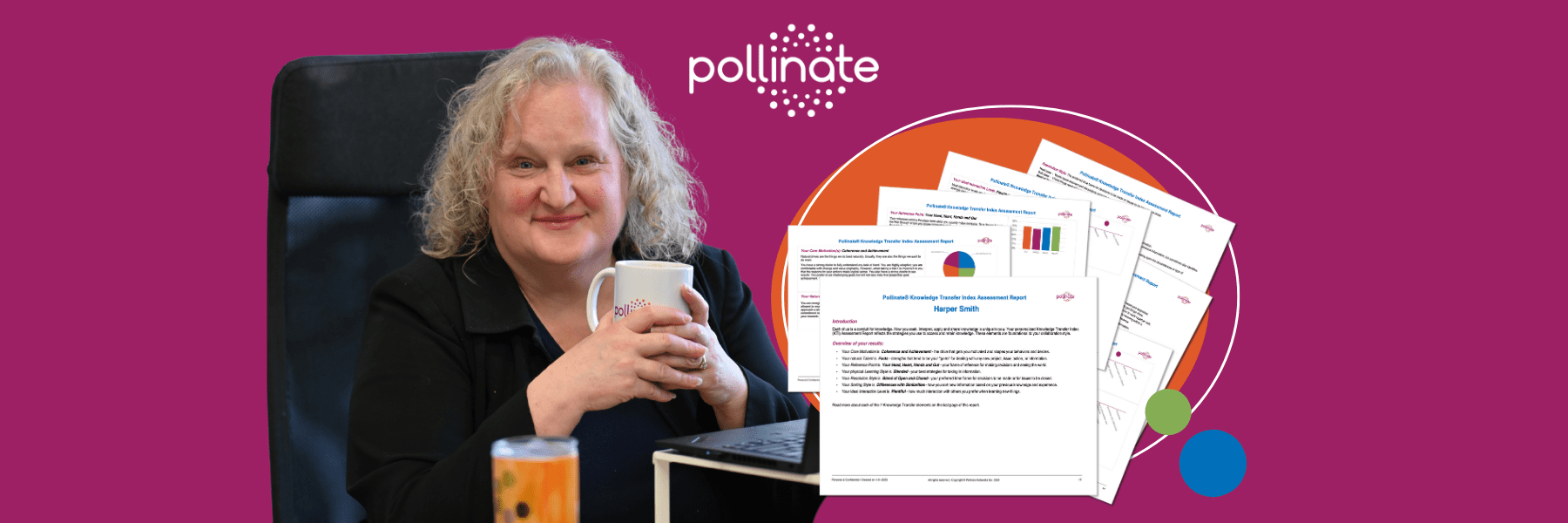
Pollinate is doing our bit to flatten the COVID-19 curve.
Today, I’m focusing on patience and perseverance. Outside co-working hours, all of us work virtually at times; the new challenge is that everyone else is home with us! Thankfully, thus far in life, I can persevere all day long. And while my claim to being persistent is mostly but not strictly true, similarly, patience is not a virtue I hold in abundance. But it is a virtue for our time. For this time.
When we knew less, we created the reality we have today. This is always the case, but it’s usually very hard to see how that’s happening because of the complexity of factors. COVID-19 has narrowed our focus. It demands a fulsome response, a massive change in behaviour, all while we take the body blows of change.
We’re learning to deal with a new reality (a reality some people don’t even believe in yet – let’s all help educate them). We’re learning to deal with an unclear future. We will have to be the change before we see the change in flattening the COVID-19 spread curve. New, effective behaviours take time to show up in results, always. This is hard. We want to be recognized for the effort we’re putting in. We want the data to prove that we’re right, and right away would be our preferred timeline.
As you put new systems in place, remember:
- Pace yourself. There is such a thing as true capacity. Our 60-day plan at Pollinate is in agile mode. The plan we took time to build and launched only a few weeks ago has morphed completely as we pivot to provide the best help we can, where we can. As we know from our study on surviving riptides, we can exhaust ourselves with activity before our opportunity arrives to make an effective response. This is especially true right now when we’re all dealing with the margin of anxiety our global crisis has created. In the moments when a rapid response is not needed, watch for steady progress.
- Set clear priorities. Pacing comes from good priority setting. It comes from teams agreeing to stick to the priorities, raise flags if things are unclear, and solve problems together. These are all the things we’ve worked to build as part of effectiveness systems in my long career in training, organizational development and effectiveness. They are also among the hardest things to master.
- Patience requires trust. There is a lot more to say about trust. Working-from-home systems require trust. Managing without eyes on requires trust. Companies need to be extremely trustworthy in their efforts to protect staff and help community. For the next few weeks, trust that the desired results will come if you keep doing the right things.
COVID-19 is not a regular flu. Stay home and build the mindset, skillset and toolset that will enable you to be as effective as you can be right now and in the days ahead.
#PollinateWhereYouArePlanted
#GoodThingsTakeTimeToGrow



